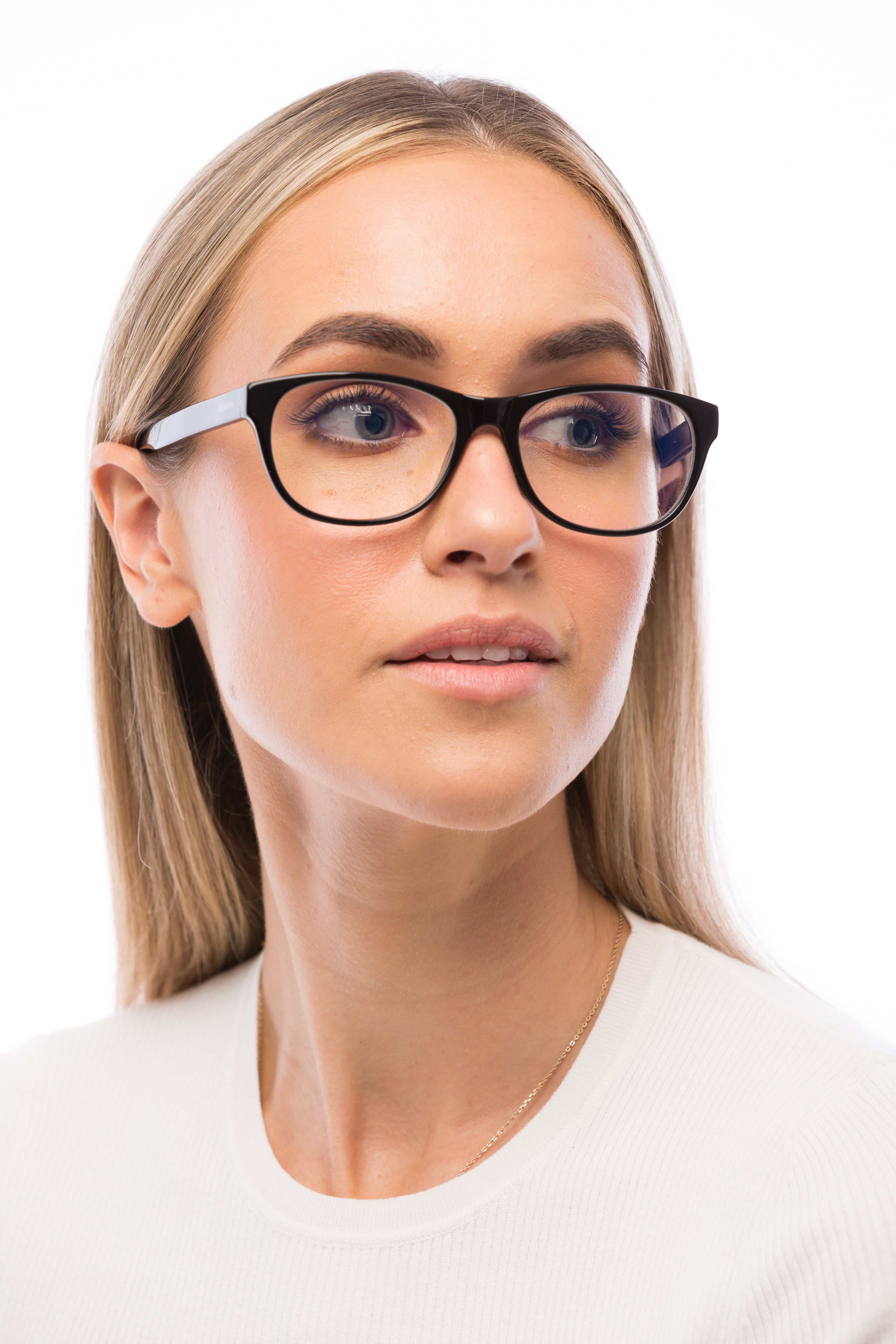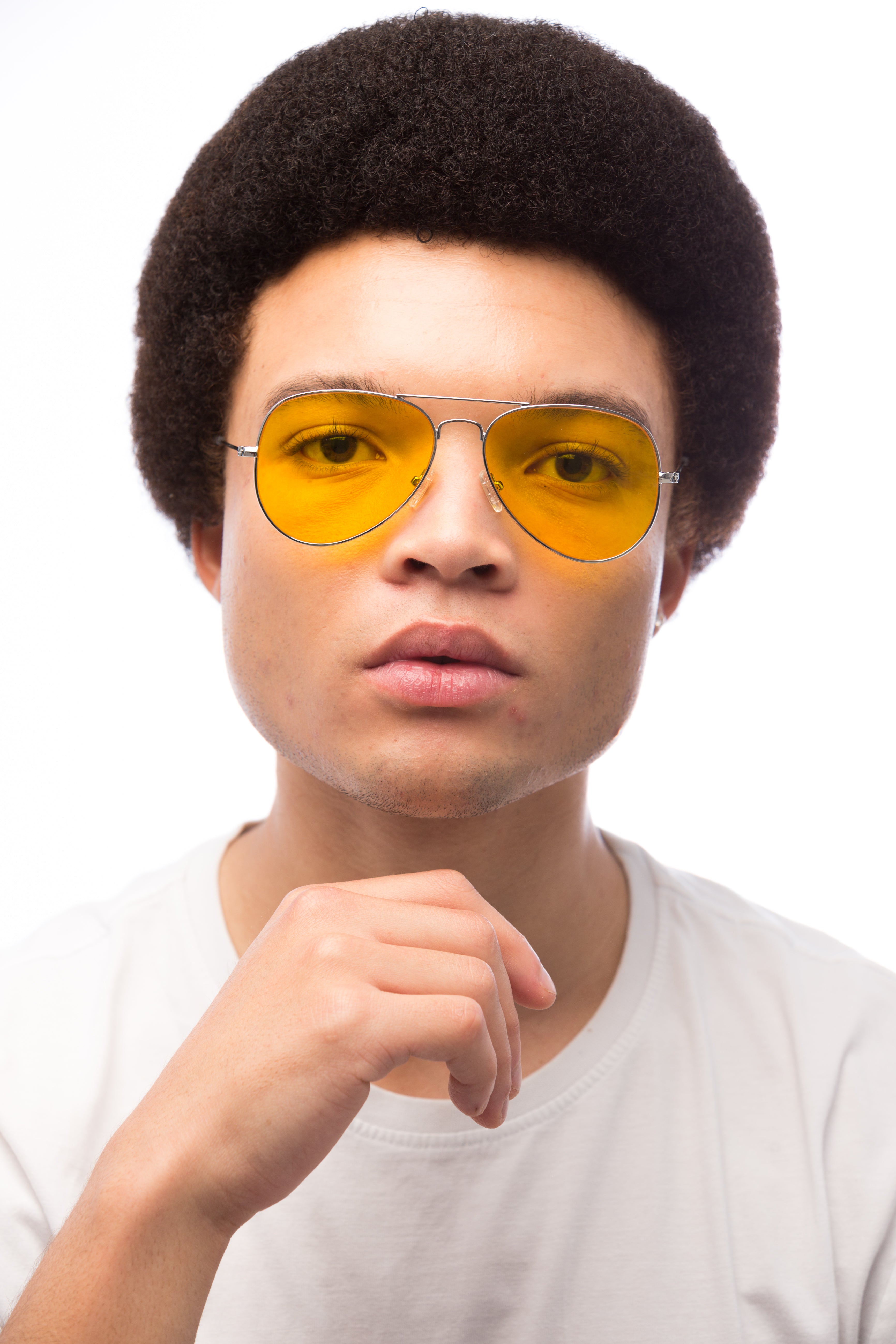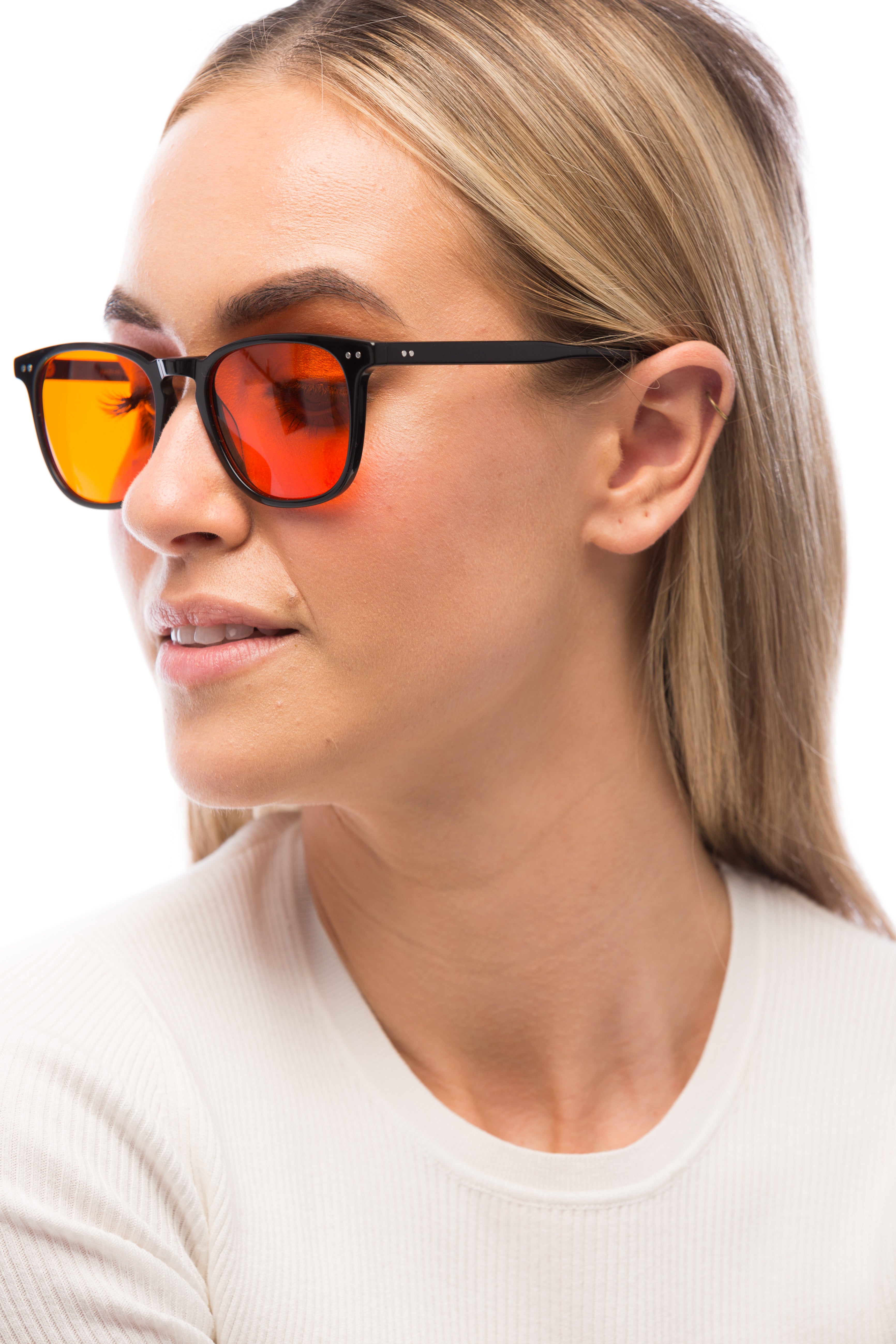Getting Used to New Glasses
Andy MantIf you are new to wearing glasses or you have worn glasses all your life, there is some adjustment required to get used to new spectacles.
It is not just prescription eyewear that take a while to get used to, it can also be blue blocker glasses which come in non-prescription versions or sunglasses.
If you purchase prescription glasses or if your prescription readings have changed, this will require some adjustment period.
Things may look blurry in your field of vision; you may feel dizzy after wearing spectacles for extended periods of time and you may also suffer from symptoms of eyestrain. These are all incredibly common symptoms of wearing glasses and you can easily get used to them over a period time.
If your glasses are giving you problems for extended periods and you are struggling to get used to wearing them, you should make an appointment with your eye doctor immediately. You can always change to contact lenses should your eyes and brain find it hard adjusting to new glasses.
How Long Does It Take To Get Used To New Glasses?
Typically, it can take a few days up to several weeks to fully adjust to your new pair of eyeglasses. It will also take your brain time to adjust to your new spectacles. If you are increasing the strength of your prescription or wearing glasses for the first time, there will always be a period of adjustment necessary.
The hardest type of lens to adjust to are multifocal lenses. Often called progressive lenses or bifocals this type of prescription contains both near and distance vision corrections. The user can use the top half of the glasses to see better into the distance and the bottom half when reading or using a computer.
The quality of the optical lens used in your new glasses will also have an influence over how long it will take you to get used to them. High quality lenses with excellent visual acuity will take less time to get used to them than regular polycarbonate lenses.
Always opt for a company like BON CHARGE when ordering new glasses online as their lenses come from an optical laboratory and they only use the highest quality lenses in their prescription lenses, blue light glasses and reading glasses.
What Symptoms Might I Experience | Possible Vision Issues
Some common issues people have experienced when going through the adjustment period for new glasses have been listed below. We have listed the 8 most common issues in getting used to new eyewear.
- Eye strain
- Pain on your nose bridge
- Glasses slipping off your face due to frame sizing
- Blurry Vision
- Issue with depth perception
- Feeling sick, nausea and feeling dizzy
- "Barrel distortion" (objects appear distorted in and around your peripheral vision)
- “Fishbowl effect” (like you are looking through a fishbowl)
Why Are My New Glasses Giving Me A Headache?
When you purchase a new pair of eyeglasses frame your brain must work harder adjusting to the new script. After a long day working hard, your brain gets tired and may be personified in the form of a tension headache. After a few days you will most likely get used to the new script and your brain will not punish you with a headache at the end of the day so it can be worth persevering.
If headaches persist when using your new eyewear, you should speak to your optometrist as it could be an eye health related issue with would need qualified assistance.
Headaches are not always caused by adjusting to a new set of eyewear. Blue light from your computer screen may also be causing headaches. Blue light causes damage to the eyes in the range of 415nm to 455nm which is the most common source of blue light found in back lit digital devices such as your computer or smart phone.
If you are getting headaches when using regular prescription glasses, it might be worthwhile having a blue light filtering coating added to your spectacles to alleviate the symptoms of harmful blue light.
BON CHARGE offers various tints for filtering blue light whilst using a computer and can be purchased in prescription, non-prescription and reading magnification options.
How Long Does It Take To Get Used To Blue Light Glasses?
Blue light glasses are a type of spectacle that contains a blue light filter to help alleviate symptoms of digital eyestrain and significantly improve your sleep quality. Blue light blocking glasses come with one of three specific coatings; clear, yellow or amber/red.
Clear lens blue light glasses are called computer glasses and typically come with an anti-reflective coating. This coating is applied to regular lenses to filter damaging blue/violet light.
Blue light blocking glasses with a yellow tint are used to manage photophobia and light sensitivity as they filter more damaging blue light than regular computer glasses. They also help with reducing instances of migraines.
Blue light blocking glasses come with a red tinted lens and have been shown in the academic literature to improve sleep quality and sleep quantity when worm just 2-3 hours before bedtime.
How Long Does It Take To Get Used To Computer Glasses?
It usually takes about 2 days to 3 weeks to get use to computer glasses. A blue light filtering coating may take a few days or weeks to get used to due to minor colour distortion.

How Long Does It Take To Get Used To Light Sensitivity Glasses?
When you look through blue light glasses with a yellow lens certain colours will be distorted which could take you a while to adjust to.
It is worth persevering with these visual changes as light sensitivity glasses can be great at reducing the frequency of migraines and bouts of photophobia.

How Long Does It Take to get Used to Blue Light Blocking Glasses?
Blue light blocking glasses have been widely demonstrated to improve sleep when worn 2-3 hours before bed. These glasses dramatically change the colour of what you are seeing which is necessary for improved circadian health.
By blocking all blue light and some green light before bed you can significantly improve your sleep quality. However, they will distort some colours which can take some getting used to.
It will take about 2-3 weeks to get use to a new pair of blue light blocking glasses. However, when you are used to them you may not be able to live without them due to how amazingly they work at blocking blue light!

Check out this blog to see what it looks like to look through blue light glasses. You can also test your current glasses to check if they block blue light.




